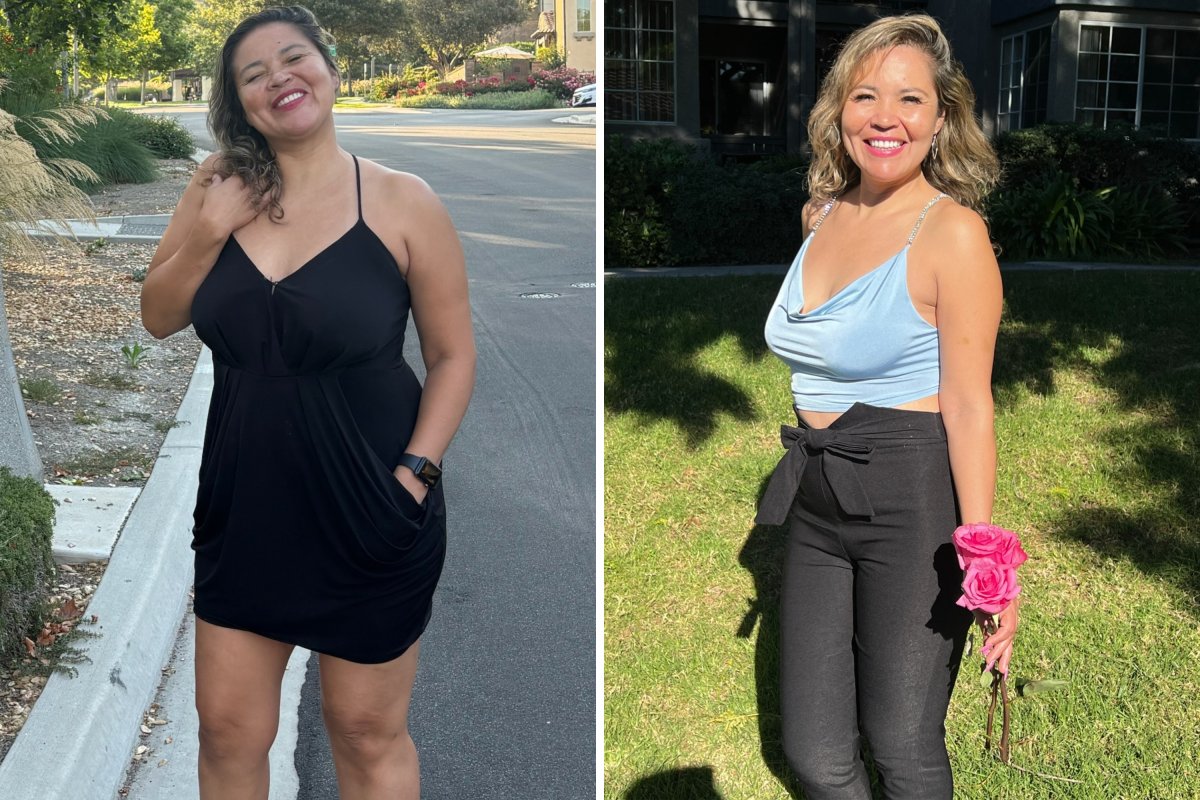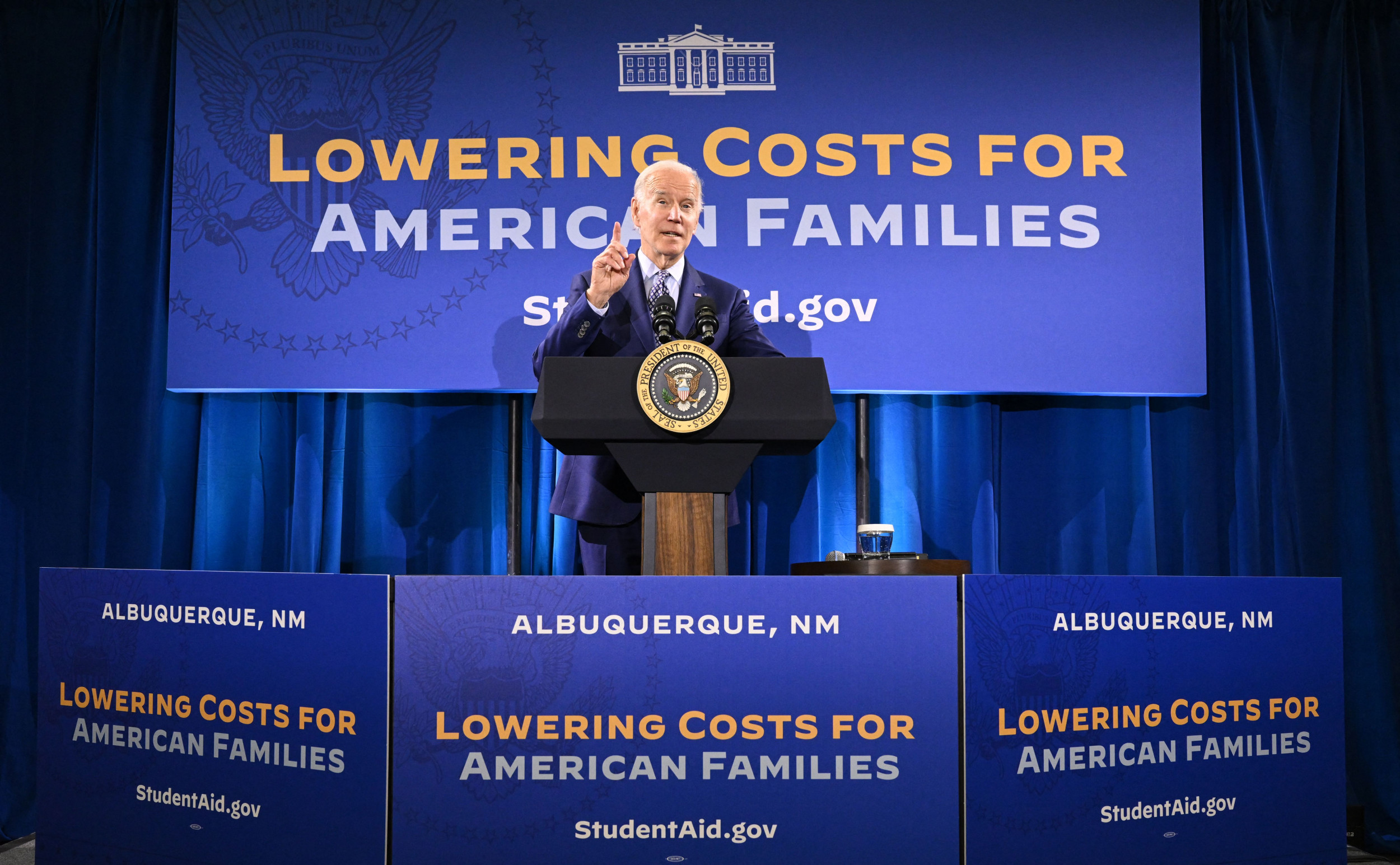By Nelly J. Aguilar
My feat for more started from a place of desperation. I was weary and feeling overweight, not by society's standards but by my own personal place of comfort. I felt depleted, nightcaps were too frequent and overhangs were unforgiving, unlike those rebounding days from my twenties. I was far from faith and God. Instead of opening my eyes to the morning sun, I blinked in misery at the sound of my alarm.
Looking at the September calendar, 30 squares seemed like a daunting time to refrain from eating. But the concept of a 30-day no food, water fast was alluring and a romanticized version of my idealized self.
After all, fasting promises the possibility of a rebirthed mind, a rejuvenation to the well-oiled machine our body is created to be, and a new height in mental capability. Intrigued by a chance to change it all up for myself, I prepared to endeavor upon the biggest challenge thus far in my 45-year-old life—no food for 30 days.
I'm no stranger to fasting. I have experimented with several shorter fasts before and intermittent fasting is how I usually space my meals. But a 30-day water-only fast was unfamiliar territory that I wanted to escape into—for better or for worse.
Since I set this time to be one of introspection and study of my faith, myself, and my health, I only revealed this experiment to those on a need-to-know basis—my family.
As I announced my decision to my husband, he looked at me in bewilderment, almost with a glance of secondhand pity. But as I teeter-tottered on the idea in fear and hesitation, I decided to change my mindset. In response to his petrified expression, I told him: I don't have to do this, I get to do this.
Day one was the worst. As I began the fast, I felt like I had jumped into the deep end of a blue ocean, descending deeper and deeper, not being able to swim back and come up for air. I was in it.

Being hungry was inevitable, so I prepared options in place for when the hunger pangs arrived. Water was my best friend. Wanting to do this in the safest way possible, I knew that staying hydrated was essential. Days one, two, and three were the hardest, so I sipped on chicken broth to fool myself into thinking I had a late-night dinner and was over the moon full.
"Nothing worthy comes easy," was the motto I repeated whenever I felt irritable over the detoxing headaches I felt at night or the aroma of delicious meals in the air whenever I passed bustling restaurants.
Broth lost its appeal on day three. Water was the healing wave to my body. Black coffee was my chosen jet fuel until noon to stamper the stint of hunger. Toilet breaks were frequent with water and coffee running through me. The longer I went into my fast, the easier it was not to eat, and if my mindset broke, my mantra and water would become my securing life raft.
By day four, I became stronger. I deliver food for a living—the savory smells of the meals I delivered, I convinced myself kept me full. Hunger pains came and went, specifically upon waking when I surrendered to a mid-afternoon re-energizing nap, but sometimes it did come easy and I wasn't hungry and had no desire to eat.
As the fast went on, I realized that if I stared at a food ad for too long, I found myself fantasizing about delicious carne asada street tacos but for the most part, food was out of sight and out of mind.
I began to learn about the beauty of the human brain and discipline. When my body wanted to give up, my mind denied that weakness, and that mindfulness allowed me to stop, pivot, and change my thoughts. I became stronger as the days went on. The more days I finished my fast, the more relentless I became.
Towards the end of the fast, the scale reflected a different version of me, I'd lost 25 pounds. My body was lighter and I felt freer and more in control of my body. I could move and bend more easily, and I had more reign over my body without all those unnecessary pounds holding me down.
My complexion turned brighter and I felt healthier. The dark circles under my eyes went away and I saw a glow in my eyes because of how good my body was feeling. Looking in the mirror was animating, I could see a lean body emerge from what was once lazy weight gain. It felt fruitful to do something nourishing and revitalizing for my body.
Fasting may bring health benefits, but not eating can be dangerous for some people. Talk with your health care provider first, especially if you:
- Are under the age of 25.
- Are pregnant or breastfeeding.
- Take insulin or other medications to control diabetes.
- Have been prescribed any medication that must be taken with food.
- Have a seizure disorder.
- Work the night shift.
- Operate heavy machinery at your job.
Source: NIH
Fasts are remarkable, but integrating them as a practice of your faith is like riding on the coattails of a meteor flying toward Earth. The closeness you feel with your creator, with the foundational truths that make up your existence, is different when you set aside food to worship, pray, and study.
I study the Bible regularly, but meditating on it during a fast hits like a whirlwind of revelation where I sense things I haven't before. Sometimes it doesn't and that's okay, too. Fasting is about strengthening and pondering your faith, which involves all sorts of positive and negative emotions and observations. In the pockets of a fast are sharp and cognizant moments, and in this heightened state of clarity, you perceive all kinds of thoughts that can take you to the next level of your faith.
There were parts of the fast where I was in pure bliss and elation. I was soaring, on top of the world, being grateful for everything. Other times, I felt fatigued, crabby, and downright confused about why I was doing all this in the first place.
But, I realized that if you can remain cool and collected when your character is tested and your flesh is yearning, imagine the type of person you can be when you are doing your regular routine. I believe that withdrawing from the human appetite burns the impurities of your character because it is a constant test of how you will treat others.
What other way to test and refine your character than by being patient when you don't want to, answering calmly when you feel like screaming and taking in a deep breath to collect thoughts before you answer irrationally? I must have apologized a ton of times to my family for rash episodes. I was humbled.
While there were times when I was violently famished, I reminded myself to be in the present. I kept telling myself this was a season and it would eventually come to a close. Then, I'd eat and things would be normal. But the exact minute I was fasting, I kept being mindful of the fast, existing, and being present within it. Being present eliminated the desire to hurry through the fast and allowed me to explore it authentically. That's what made my 30-day fast worth it.
Nelly J. Aguilar is a writer and creator. Currently, Nelly strings together beautiful bouquets of flowers while contemplating the philosophy of a meaningful life. Some of Nelly's adventures include running in marathons, dabbling in acting, lecturing in college classrooms and giving random people full fledged smiles.
All views expressed are the author's own.
Do you have a unique experience or personal story to share? See our Reader Submissions Guide and then email the My Turn team at myturn@newsweek.com.









![SOURCE SPORTS: [WATCH] Mets Capt. David Wright Gives Interesting Insight On The Honor Of His Jersey Retirement In Citi Field](https://thesource.com/wp-content/uploads/2025/01/01fs75fy836w8mp4ytwr.webp)










 English (US) ·
English (US) ·